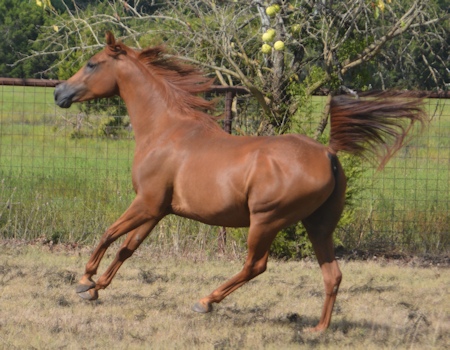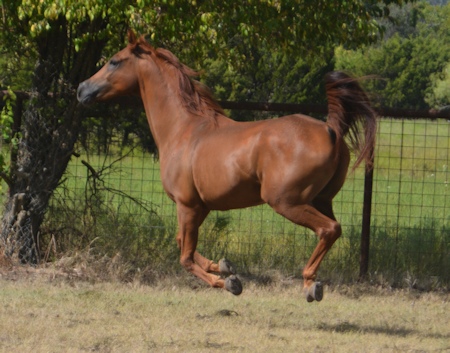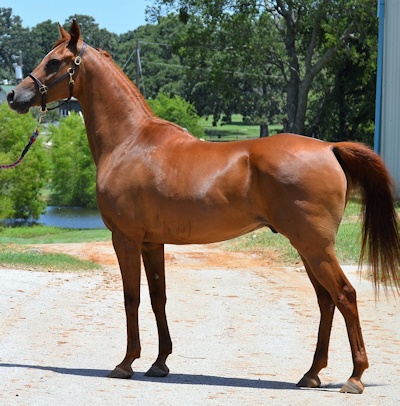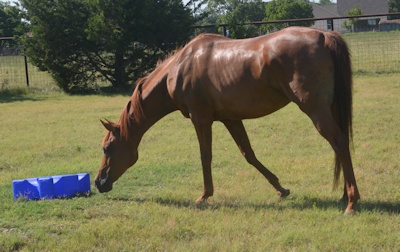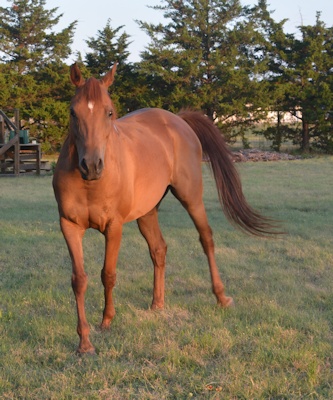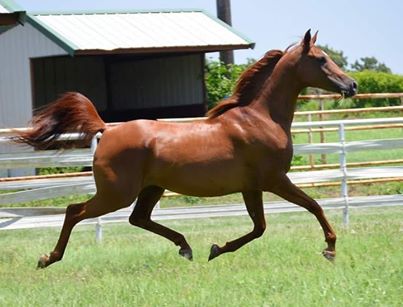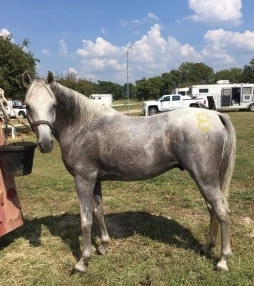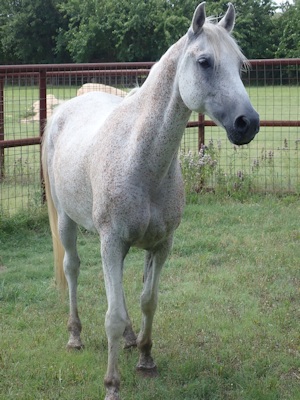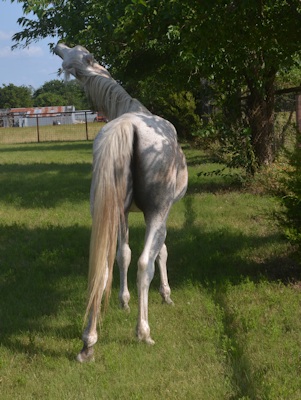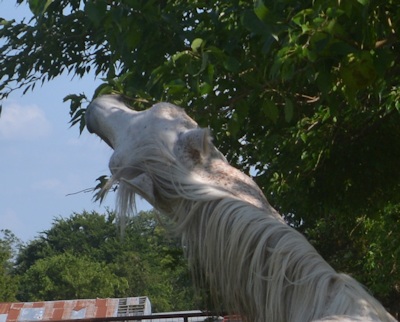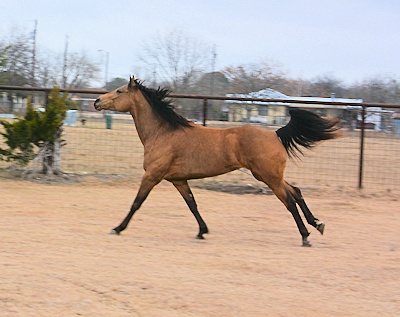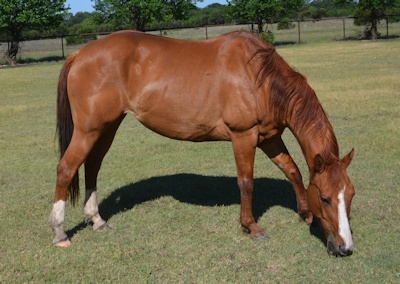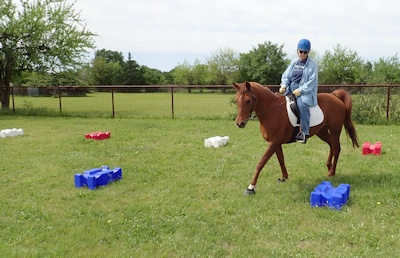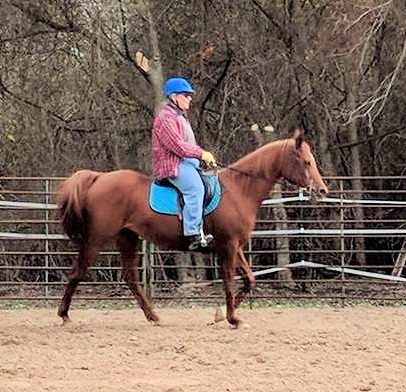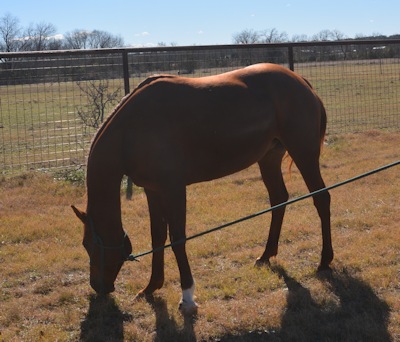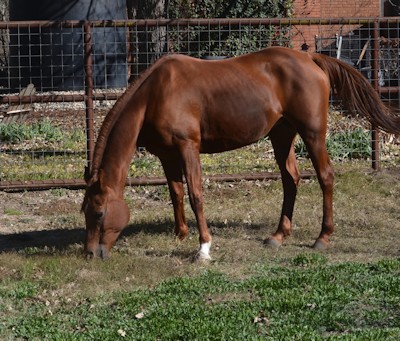Aug 11
News, Views, and Other Stuff
Posted: under Life beyond writing.
Tags: Life beyond writing August 11th, 2020
Whoa, it’s been WAY too long since I was back here. There’s both good news and sad news on several fronts, so let me get to it. Since the last post here was about Tigger, I’ll update horses first. Tigger was doing better and better until October 11 last year, when something panicked him while I was leading him, saddled, as part of his ground work before trying to ride him again (which was going to have to be bitless, because of the permanent injury to his tongue, found at teh vet visit.) He broke loose from me, raced around the north lot, either flat out or bucking, alternately, and the tack began to fall off in sections…stirrups, saddle pad 1 and 2. In a final burst of speed, he headed for the 5 foot plus fence between the two lots and tried to jump it. He didn’t make it, (broke the top pipe at a weld with his chest) and the impact threw him over backwards. He was, as you might imagine, badly injured. He’s alive, but not riding-sound and probably never will be. I’ll spare you the description of all the injuries, but the one that hasn’t healed up is in his back. Injuries like these *can* heal in enough years (the spine fuses) but in addition when he fell over, he whacked the back of his head–where head and neck meet, on the ground too. He lost all the confidence he’d gained in the months here, and the two weeks in the vet hospital being treated for multiple cuts (some very deep), an injured eye, and so on did not help his mental status. He’s still beautiful, though.
He now has a companion that I *can* ride, a black and white horse of no known parentage, a “steady Eddy” personality, named Ragtime (Rags, in daily use.) Rags is smaller than Tigger and of a completely different build. Conformationally, he’s an inferior horse, but in practice he’s a pleasant horse to walk around on, and easy to manage though somewhat pushy. He’s six this year.
May, 2020, Tigger and Ragtime when the grass was green
Meanwhile, I had started a new book–not a Paks book, but a book I thought might be easier to write, set in the Vatta universe. It was intended to be the third book in Vatta’s Peace, but I knew I’d have to let it develop any way it wanted to, and not push for the same speed of writing that I used to have. It’s still just called NewBook (no title) and it’s now just over 100,000 words. Slowed down somewhat but not completely by the pandemic and moderate self-quarantine: everyone in our family is at increased risk (R- and I by age, plus pre-existing conditions that *some* politicians think make us unworthy of care) and our son as a disabled person whom some politicians also consider not worth saving. This is a GOP-dominated state, and some of our state leaders and other political talking heads have been eager to say that this group and that group don’t really matter. When our governor decided to re-open the state (after a late and incomplete closure and no real “wear a mask” statement) our case numbers were still rising, and Memorial Day was right in front of us. To say I was angry at this gross disrespect for human life is to put it too mildly. Our national and state leaders kept making it clear that the rising death toll didn’t bother *them* because they insisted the deaths weren’t that important. As one right-wing pundit in Texas said about the increasing deaths, “It’s mostly elderly and Hispanics.” Thank you so much, you smug arrogant scum, I thought. I was not surprised, but definitely angry, when the recommended emails, letters, and calls to my representatives at both state and federal level has zero effect. A story began to take shape in my head in June, but I tried to stick to the book.
Even as a friend in New Zealand was describing the approaching end of their shutdown because of rapidly declining cases (NZ now has had no new cases for over 100 days) and I was anticipating being an online program participant in their WorldCon, we experienced spike after spike, including in my hometown and its county and those adjoining, down on the Border. And then my husband’s younger brother and his wife came down with COVID-19 in Houston, his wife went into the hospital, was intubated, and died. We were not close, but that was the week they moved morgue trailers into our state, and shipments of body bags, and of course I was sad (and angry) about their situation even before she died. I couldn’t write at all at first, or think clearly enough to do the prep work for the panels I was supposed to be on or moderate, so I withdrew from programming, and when my brain started functioning better…the story came out.
That story is now up on my website (link on the front page) at http://www.elizabethmoon.com
I expect to get comments on it either on Facebook or on the Universes blog, also housed on the website, but if so moved you can put them here.
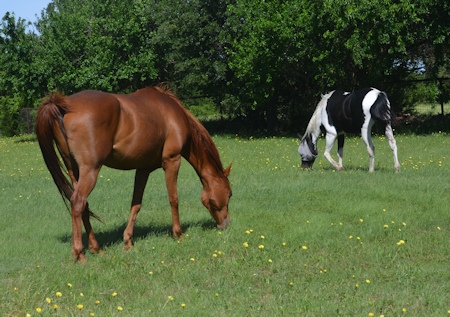

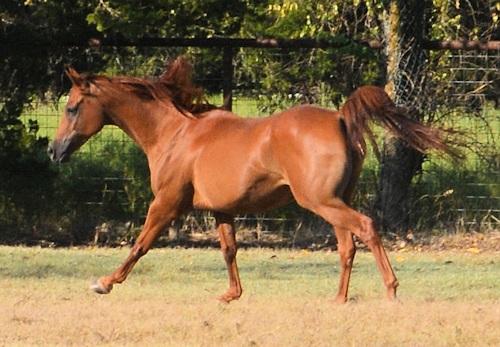 Relaxed and moving forward in a disunited canter…better use of his neck and back
Relaxed and moving forward in a disunited canter…better use of his neck and back